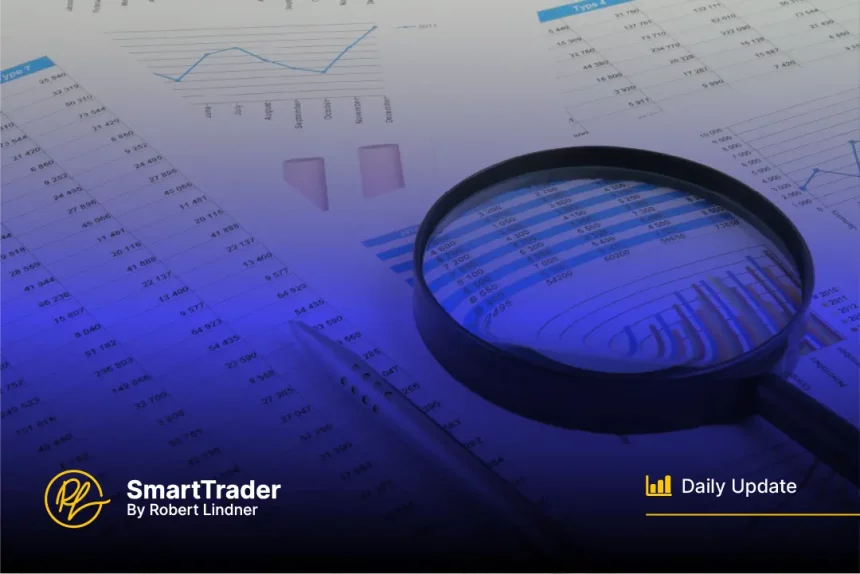Tech stocks drove not only Wall Street but also global equity markets higher after record earnings from Microsoft and Alphabet signaled that the artificial intelligence boom that has fueled tech stocks' gains is here to stay.
Google parent Alphabet rose as much as 12% in pre-market trading, likely adding more than $230 billion to its market capitalization and pushing it past the $2 trillion mark – strong digital advertising revenue drove Alphabet's sales higher, well above expectations. Microsoft rose by 4%. Both companies beat Wall Street estimates with their latest quarterly results, driven in part by demand for AI services.
The strong earnings reports were a big relief for the markets after concerns about a slowdown in corporate earnings (as well as the US economy) had added to worries about high valuations in the technology sector. Concerns that inflation could accelerate again, or at least remain stubborn, while the US economy shows signs of cooling, also created some headwinds, which have now been overcome, at least temporarily, but would return immediately if today's PCE data are hot.
Eyes are accordingly on the US PCE data, the Federal Reserve's preferred inflation measure.
We still see a high risk of further profit-taking, especially as we have seen heavier than usual selling when companies have underperformed, and an overall mixed impact from mostly strong earnings reports. Almost 80% of the S&P 500 companies that have reported so far have beaten analysts' earnings estimates – but the boost for Wall Street has so far remained rather limited. The focus is on the forecasts.
Other companies have also reacted to earnings. ExxonMobil and Chevron both fell after reporting lower than expected first quarter results. Intel slumped sharply after issuing a weaker than expected forecast, showing us once again that forecasts in particular play an important role after a series of strong quarters.
The JPY plunged to a record low against the USD after the Bank of Japan decided to leave monetary policy unchanged. We saw fluctuations in the JPY. A good strategy here is to work with a pending sell order (against the JPY) and use the next spike in the JPY to find a good (SHORT) entry in case the intervention talks flare up again in the short term. However, with the Bank of Japan keeping interest rates extremely low and the yield spread between bonds therefore high, there are not many reasons not to expect further JPY weakness.
Equities in Europe also recovered. Asia was also mostly in positive territory. Technology and growth stocks led the gains in both Europe and Asia.
The gold price continued to rise, but remains lower for the week. The gold price will be strongly influenced by the PCE data. Oil prices rose to their highest level this week. However, a hot PCE report would also weigh on oil prices. For now, however, commodity prices remain bullish on hopes that the global economy can return to growth.
Since today's moves are dependent on the PCE data, it makes little sense to break down asset performance:
If the US PCE data is in line with expectations (or cooler than expected overall), equities will continue to rise and the USD will weaken. Gold and oil would also benefit. A hot result, on the other hand, would lead to profit-taking in equities and a rebound in the USD, which would weigh on both gold and oil.




